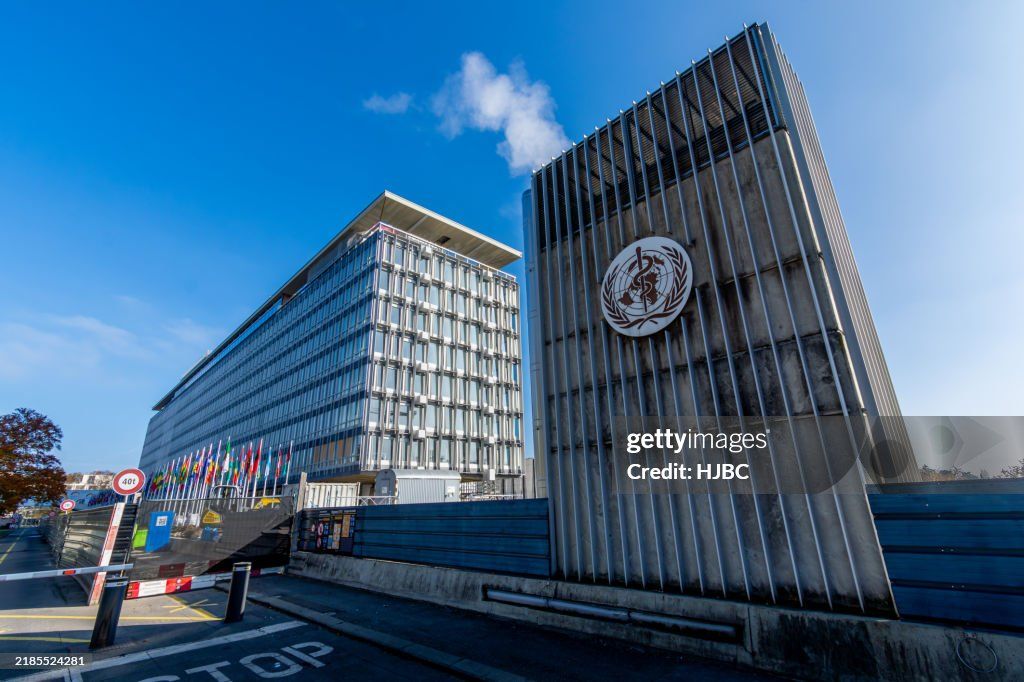WHO adds GLP-1 weight loss drugs to list of the world's essential medicines for the first time
The Inclusion of the weight loss medicine to the list should boost access to the drugs in poorer countries

GettyImages/HJBC
The World Health Organization announced on Friday that it added GLP-1 weight loss drugs to the Essential Medicines list, which should improve access to the treatments in poorer countries.
Suggested Reading
The United Nations organization also added Vertex Pharmaceuticals’ Trikafta, a costly combination therapy for cystic fibrosis, and Merck’s top-selling cancer immunotherapy drug Keytruda for the treatment of cervical cancers, colorectal cancers, and non-small cell lung cancers that have metastasized.
Related Content
The Essential Medicines list, now consisting of 523 medicines for adults and 374 for children, is a catalog of drugs that WHO believes should be available in all functioning health systems, regardless of cost. The list, which is updated every two years, has been adopted in over 150 countries and serves as a basis for public health system procurement and health insurance reimbursements.
WHO added the active ingredients in Novo Nordisk’s Ozempic and Eli Lilly’s Mounjaro to the list for the treatment of type 2 diabetes when cardiovascular disease, chronic kidney disease, or obesity are also present. However, it stopped short of approving the drugs for obesity alone.
“Diabetes and obesity are two of the most urgent health challenges facing the world today,” WHO said in a press release. It noted that more than 800 million people were living with diabetes in 2022, with half going untreated, and more than one billion people worldwide are affected by obesity.
WHO blamed the high prices of the GLP-1 medicines for limiting access. “Prioritizing those who would benefit most, encouraging generic competition to drive down prices and making these treatments available in primary care – especially in underserved areas – are key to expanding access and improving health outcomes.”
Twenty new medicines in total were added to the main list and 15 to the children’s list. The new editions of the Essential Medicines lists “mark a significant step toward expanding access to new medicines with proven clinical benefits and with high potential for global public health impact,” said Yukiko Nakatani MD, WHO’s Assistant Director-General for Health Systems, Access and Data.
